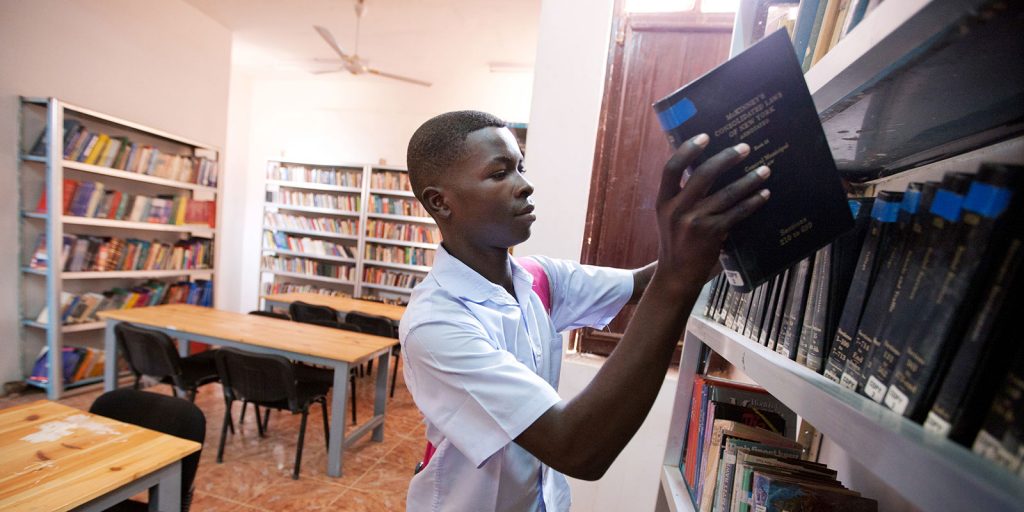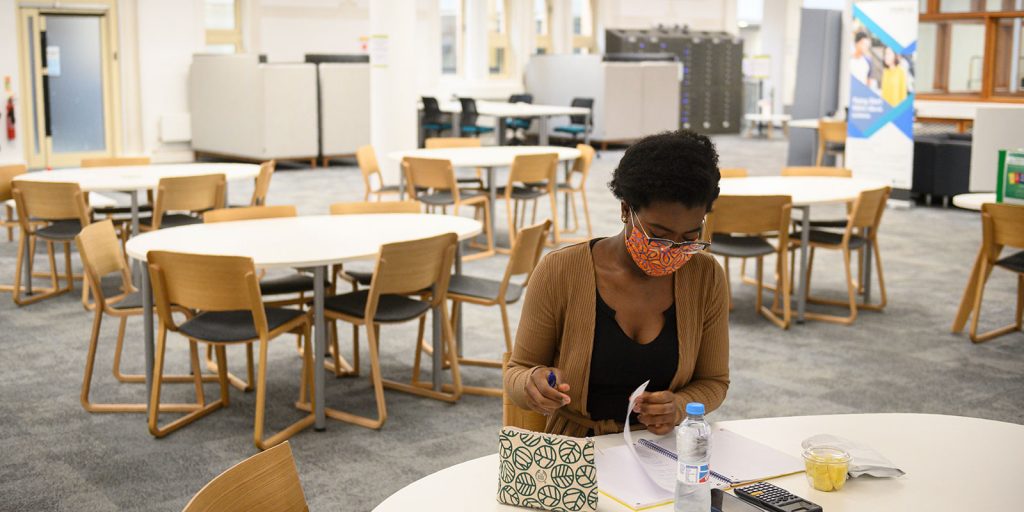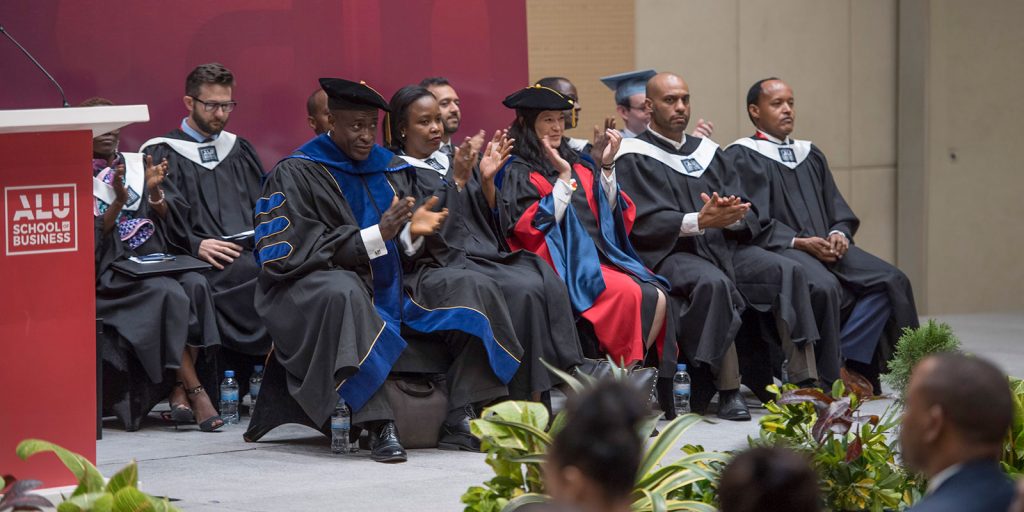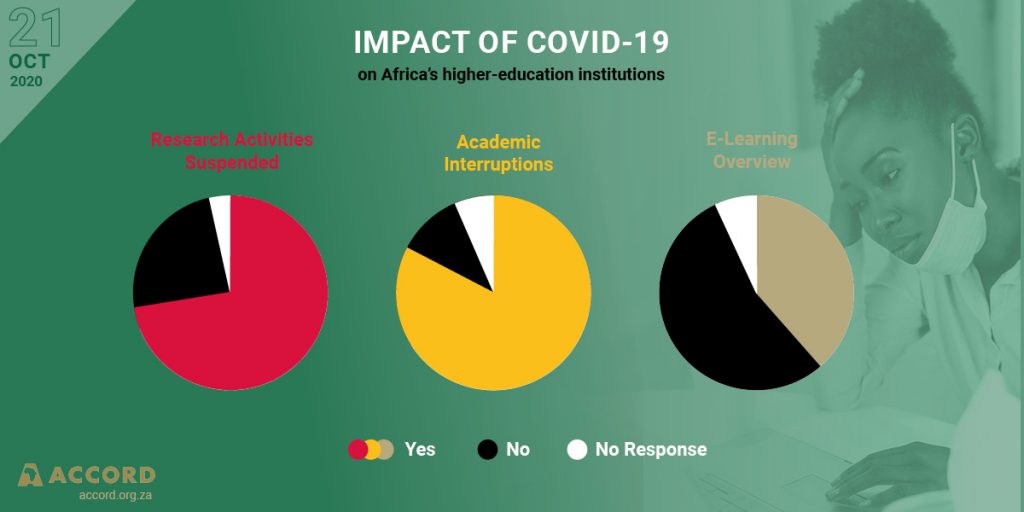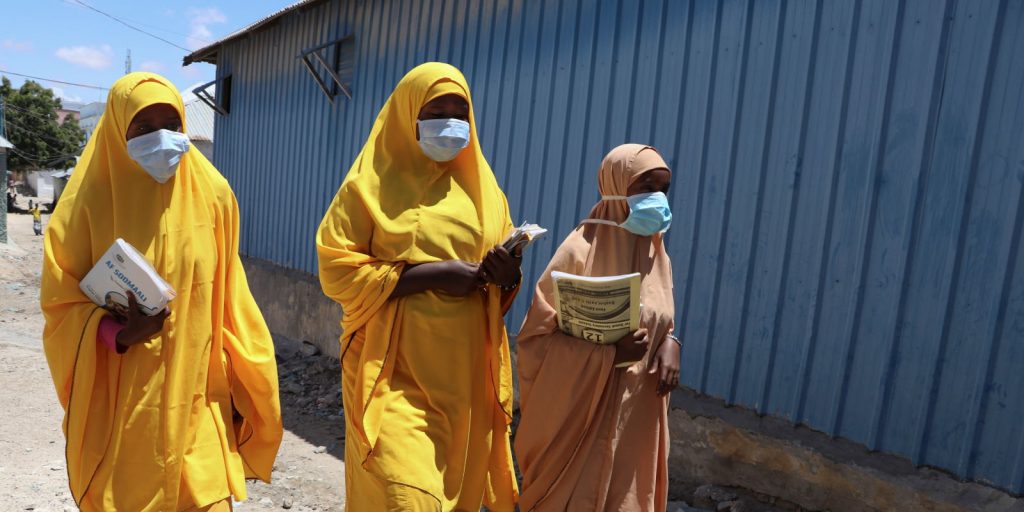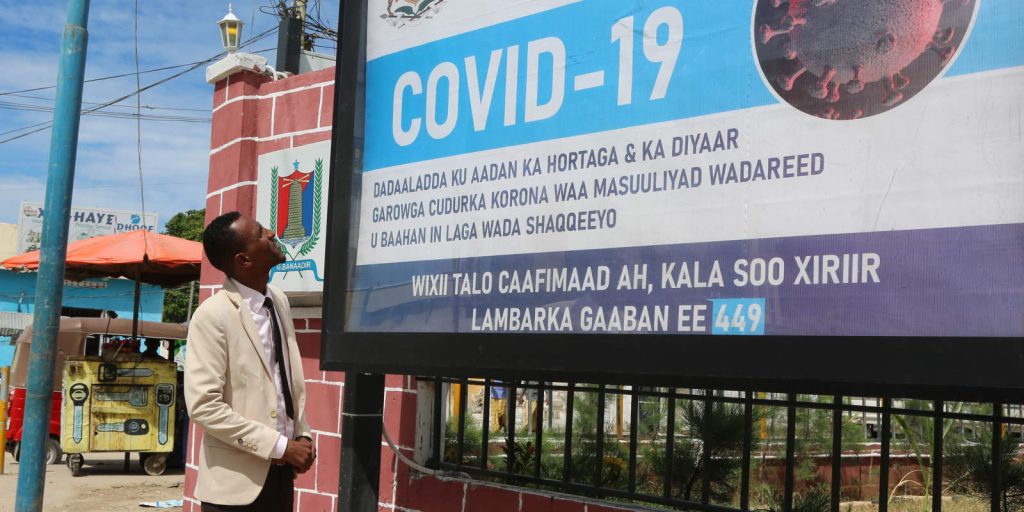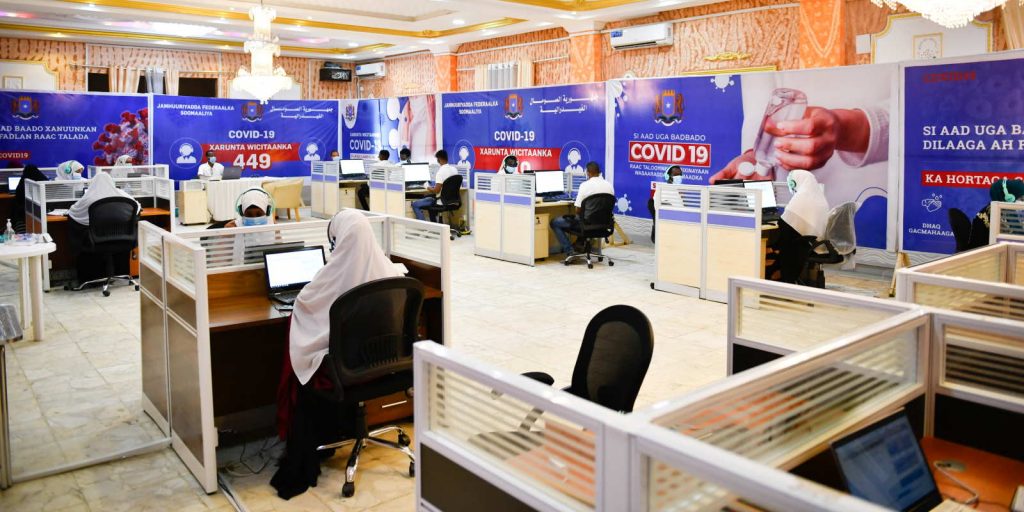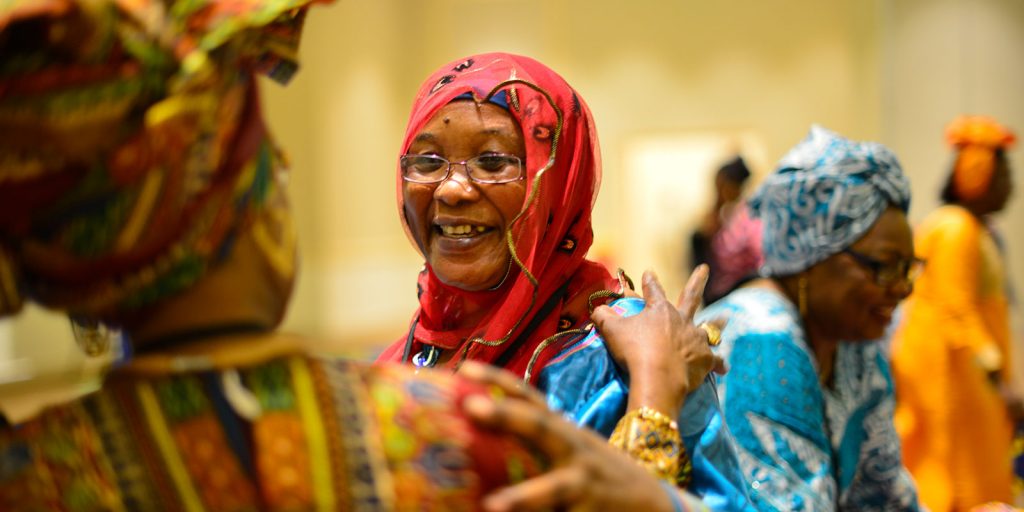
COVID-19 and the Anniversary of UNSC Resolution 1325 on Women, Peace and Security
Women’s meaningful participation in peace processes is a cornerstone of the United Nations Security Council Resolution 1325 on the Women, Peace and Security (WPS) agenda. As we commemorate the 20th anniversary of this landmark Resolution for WPS, we the Co-Chairs of the Network of African Women in Conflict Prevention and Mediation (FemWise-Africa) want to take the opportunity to highlight the work of Africa’s conflict prevention and mediation networks and their determination to ensure that the next twenty years for WPS will not be the same.

